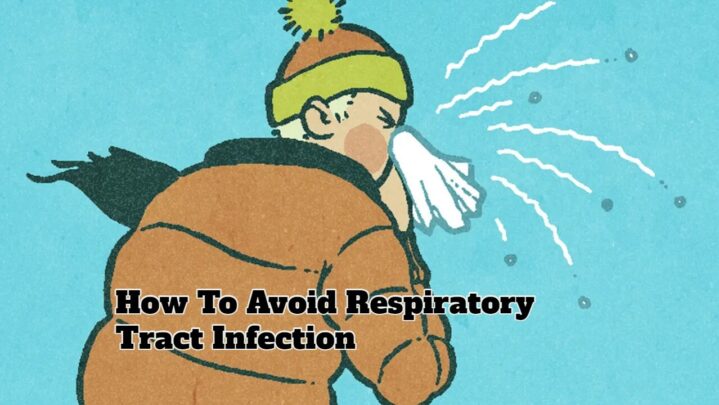People of all ages are susceptible to respiratory tract infections (RTIs), a frequent disease. They may be brought on by various bacteria, viruses, and other pathogens that affect the respiratory system, including the lungs, nose, and throat. The common cold, influenza, bronchitis, and pneumonia are a few examples of RTIs. To help you avoid respiratory tract infections, consider the following advice:
Wash your Hands regularly: Regular hand washing is one of the best strategies to stop the transmission of illnesses. Wash your hands with soap and water for at least 20 seconds. Many respiratory viruses and bacteria may move from hand to mouth.
Cover your nose and mouth: When you cough or sneeze, it’s crucial to cover your mouth and nose with a tissue or elbow. This will aid in limiting the transmission of respiratory droplets that may be contaminated with germs or viruses.
Avoid close touch: If you are near someone ill, try to avoid close contact. This may aid in limiting the transmission of germs and viruses that cause respiratory illness.
Stay home if you are sick: If you have signs of a respiratory illness, staying at home is crucial to prevent infecting others.
Practise good hygiene: Keep your house and workstation clean and avoid touching your face as examples of proper hygiene. Wash your hands frequently.
Consider getting vaccinated: Vaccines are available for various respiratory illnesses, including influenza. The spread of these illnesses can be halted by vaccination.
Develop healthy habits:
Eating a balanced diet.
Getting adequate sleep.
Exercising frequently can help to strengthen your immune system and lower your risk of respiratory infections.
You can lower your risk of respiratory tract infections and maintain good health by heeding these recommendations. It’s crucial to consult a doctor if you have respiratory infection symptoms to get the proper care.





